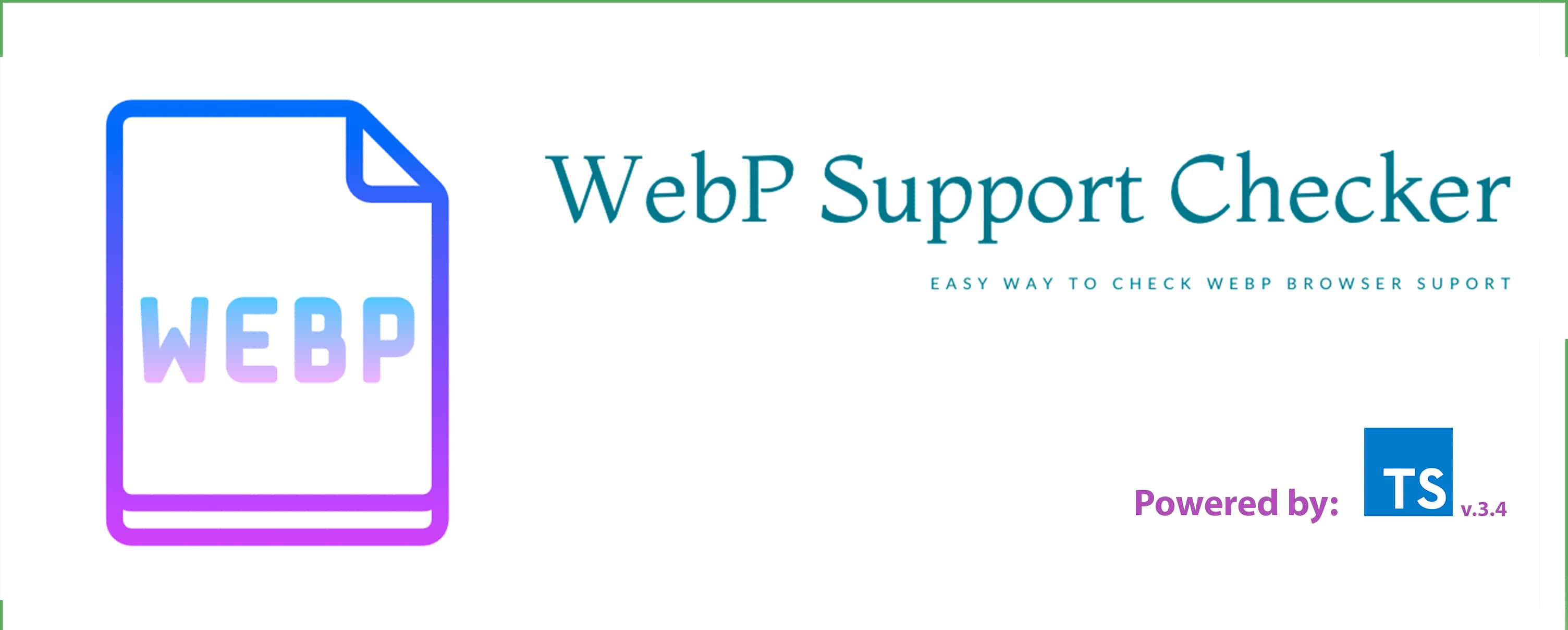
Research
Malicious npm Packages Impersonate Flashbots SDKs, Targeting Ethereum Wallet Credentials
Four npm packages disguised as cryptographic tools steal developer credentials and send them to attacker-controlled Telegram infrastructure.
webp-checker
Advanced tools

How to use:
webp-checker as a regular node_modules package via: npm i web-checker
or yarn:
yarn add web-checker
Important! - you need to run webp-checker as soon as possible inside the very first component/module that has an interaction with the whole DOM. For example in create-react-app you probably should run the below script example in the componentDidMount() method of the root App.js component (or if you're using Redux state managment inside its initialState.js).
Quick Start:
webpChecker.
After function running you will get a window variable __WEBPSUPPORT__ (e.g. window.__WEBPSUPPORT__) with boolean value that shows if the webp support is true/false.-- Example for React usage:
// ...some logic
import webpChecker from 'webp-checker' // import it;
class App extends React.Component {
// ...some logic
componentDidMount() {
webpChecker(); // run checker
window.__WEBSUPPORT__ // get notified about browser webp support by this global variable
}
// ...some logic
}
-- Example basic:
import webpChecker from 'webp-checker' // import it;
webpChecker(); // run checker
window.__WEBSUPPORT__ // get notified about browser webp support by this global variable
Advanced:
import webpChecker from 'webp-checker' // import it;
const config = {
imgURL: 'imgSrc', // your_webp_image_src, by default used google static image
disableGlobal: true, // disable global injection in 'window' object, by default 'false'
injectBodyClass: false, // explicitly set a 'body' class 'webp-support', by default 'true',
callback: status => status // some callback that you want to return with webp checker result 'true/false'
}
webpChecker(config); // run checker
1.1.3
FAQs
Easy way to understand is the browser has webP support or not
The npm package webp-checker receives a total of 9 weekly downloads. As such, webp-checker popularity was classified as not popular.
We found that webp-checker demonstrated a not healthy version release cadence and project activity because the last version was released a year ago. It has 1 open source maintainer collaborating on the project.
Did you know?

Socket for GitHub automatically highlights issues in each pull request and monitors the health of all your open source dependencies. Discover the contents of your packages and block harmful activity before you install or update your dependencies.

Research
Four npm packages disguised as cryptographic tools steal developer credentials and send them to attacker-controlled Telegram infrastructure.

Security News
Ruby maintainers from Bundler and rbenv teams are building rv to bring Python uv's speed and unified tooling approach to Ruby development.

Security News
Following last week’s supply chain attack, Nx published findings on the GitHub Actions exploit and moved npm publishing to Trusted Publishers.